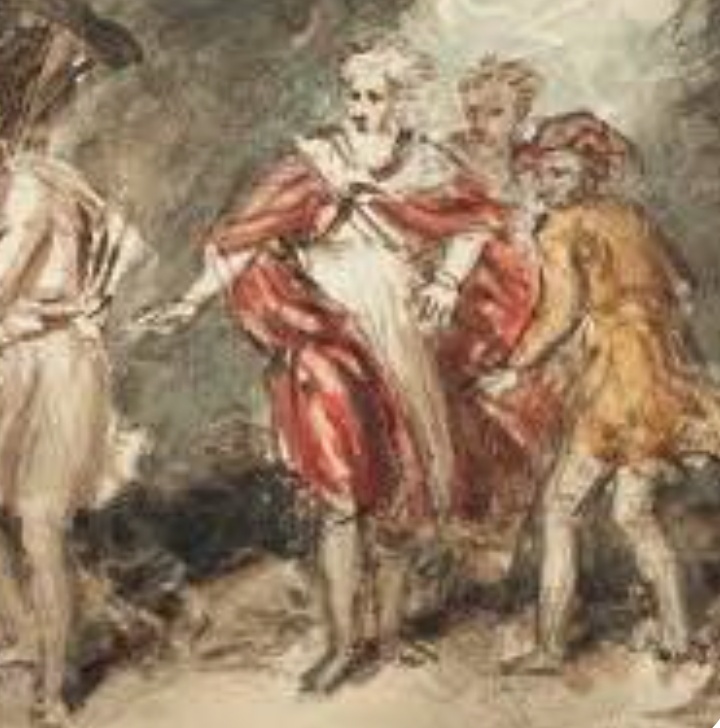Peril of unbridled power, treachery and sycophancy
“King Lear” is a tragedy by William Shakespeare. It revolves around the aging King Lear’s decision to divide his kingdom among his three daughters based on their declarations of love for him.

Betrayal, madness, and the consequences of flawed decisions unfold as Lear faces the harsh realities of power and familial relationships.
The play explores themes of justice, madness, and the consequences of unchecked power, ultimately leading to a tragic and poignant conclusion.

In “King Lear,” the elderly King Lear decides to divide his kingdom among his three daughters, Goneril, Regan, and Cordelia, based on their expressions of love for him. Goneril and Regan, who flatter him excessively, receive substantial portions, while Cordelia, who speaks honestly but less extravagantly, is disinherited. Lear’s rash decision triggers a chain of events that leads to betrayal and tragedy.

Goneril and Regan’s ruthless pursuit of power results in Lear’s mistreatment and eventual descent into madness. The subplot involving Gloucester and his sons, Edgar and Edmund, adds another layer of deceit and betrayal. The play explores themes of loyalty, justice, and the consequences of unchecked ambition.
Cordelia, banished by Lear, later returns to reconcile with her father. However, the reunion is overshadowed by the tragic events that unfold. Ultimately, Lear dies, Cordelia is killed, and the play concludes with a sense of desolation and sorrow, reflecting on the destructive nature of unchecked power and the complexities of human relationships.


